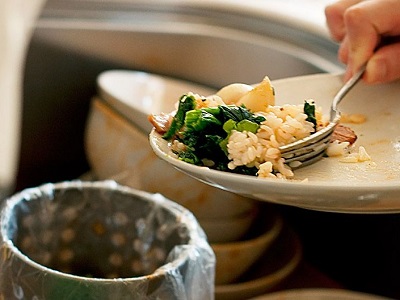Cockroaches – the six-legged workers combating food waste
- Details

Currently, Chinese cities have a 25% share of the world’s municipal solid waste, where the majority of this waste constitutes organic waste. The Chinese Academy of Science and the World Wild Fund states that restaurants and schools are wasting about 33 % of the food they serve. China is using multiple strategies to deal with the issue: municipal landfills, incineration plants where the waste is burned and transformed into electricity (although this is facing difficulties due to moisture content), feeding leftovers to animals (but due to the risk of spreading pathogenic microorganisms, several Chinese municipalities banned this century-old practice) and transforming food in an anaerobic digestion process, thus producing biogas (but this is heavily underrepresented as practice). However, due to the large amounts of waste, China is looking to use a less traditional strategy in the form of cockroaches, an idea that has been piloted in the city of Jinan, inhabited by 9 million people. This “small” (at least in Chinese terms) city is contributing to the country’s waste problem with 6,000 tons of solid waste each day, and about 50-70 % of this is food waste.
Projects Officer
- Details

ISET Policy Institute (ISET-PI) (www.iset-pi.ge) is seeking a Projects Officer.
Dimension and Scope:
PI Coordinator is responsible for the day-to-day coordination of ISET-PI activities.
Reports To:
Deputy Director for Operations
Qualifications:
A degree in Economics, Public Policy, or Business Administration; Contacts within the Georgian government, international and donor organizations; Experience in management and supervision; At least 3 years of experience in an analogous position; Excellent communication, organizational, interpersonal, and time-management skills; Advanced presentation, writing and reporting skills in English. Knowledge of Georgian, Russian, or another language spoken in the South Caucasus is an advantage; Analytical and strategic thinking.










